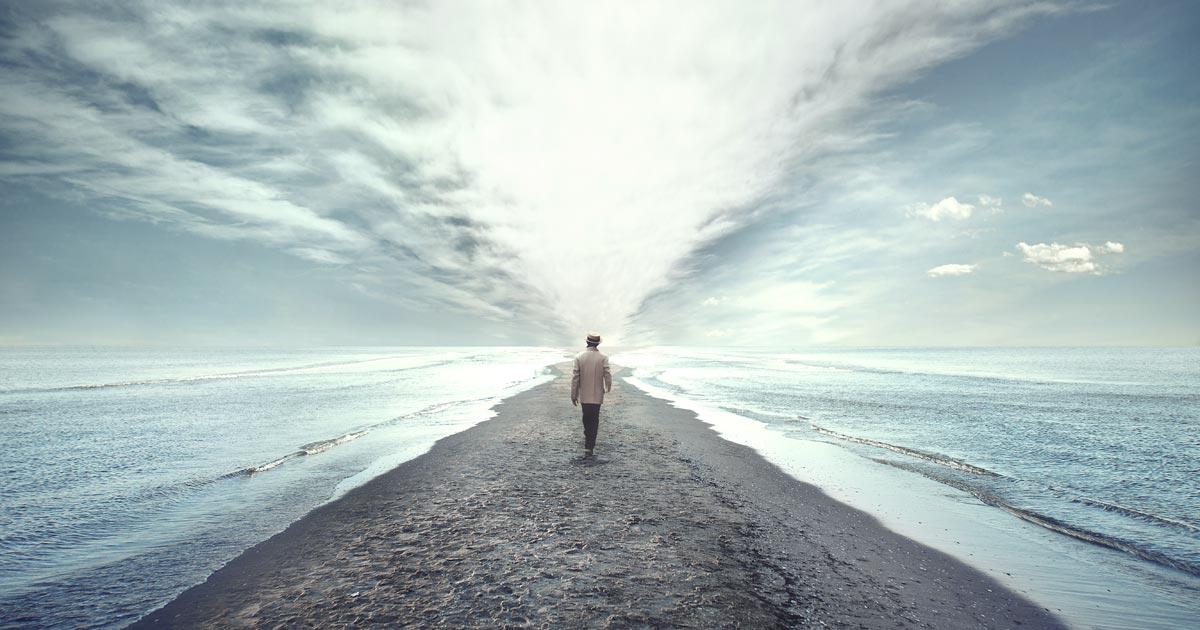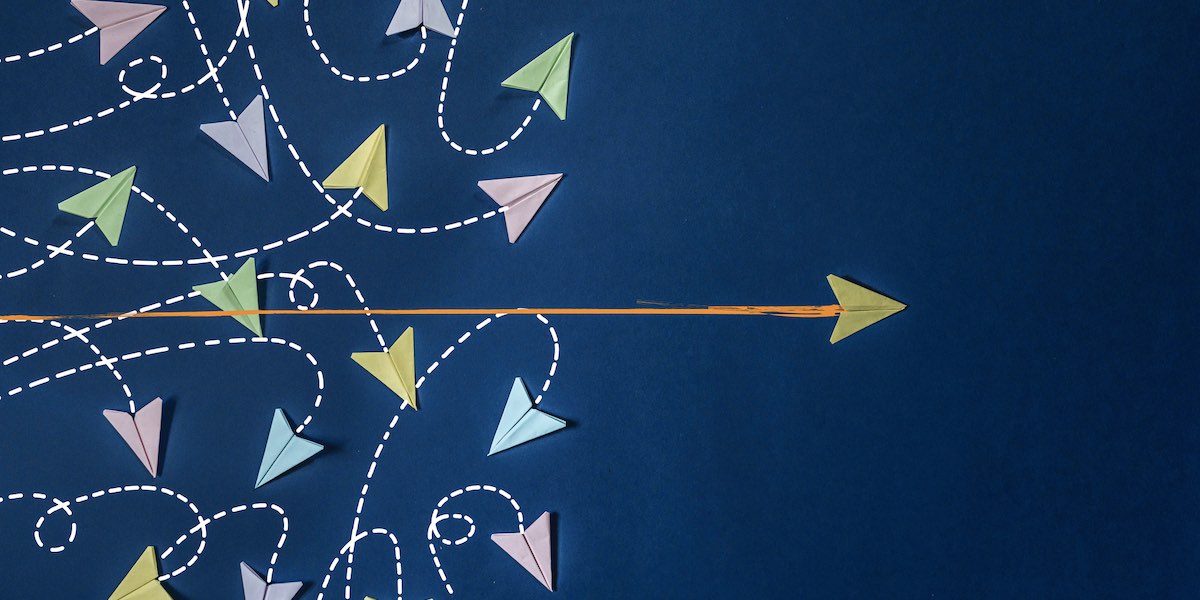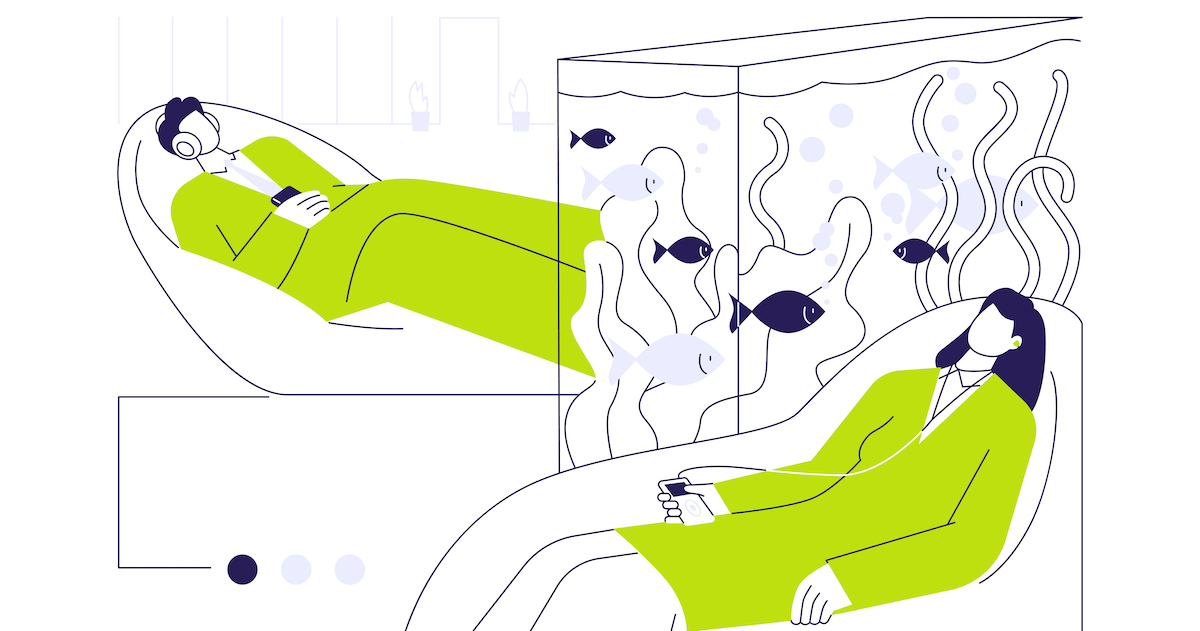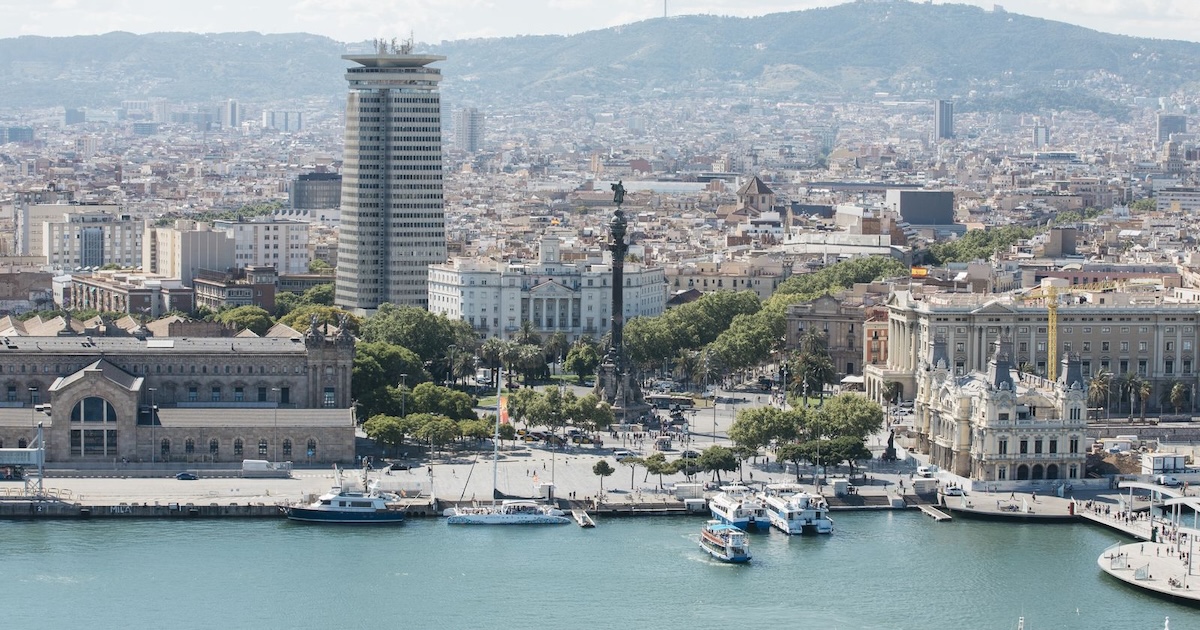An event that works, despite having no objective, no technology and no common ground!
I am standing outside a gentleman’s club in London, feeling a little nervous and wondering if I should just hail a taxi and go home. This gentleman’s club only permits women as guests and is a well-heeled establishment founded in 1868. I am about to enter it, having been invited by a stranger on LinkedIn to join him and 30+ strangers for dinner. I have been encouraged to give my mobile a night off and attend with an open mind and a generosity of spirit. I wonder if I am about to step into a scene from Eyes Wide Shut, but instead I am greeted by a smiling Howard Lewis, founder and host of OFFLINE, who apart from drawing together an eclectic range of guests also has an incredible ability to remember all of their names!
This event aims to see what happens and deliberately runs without an agenda. There are no name badges. But rather than being quiet and odd, there is a notable buzz in the room. In one evening I talk to a U.S. art dealer, a tech investor from California, a Netflix TV producer, a Russian moviemaker, an international HR sourcer, an Oxford University philosopher and more. A strange thing happens. Without the need to transact, we communicate at a deeper level. We discuss politics, our visions, family and travel—and everyone is offering advice and insight. I feel like I learn plenty, but I also share some ideas with those around me.
Navigating us along, Howard stands up between each course and tells us entertaining stories and encourages us to switch tables—and the room relaxes. As the evening progresses, the conversation grows livelier and more animated. Just before midnight I leave, inspired and intrigued, but what has inspired Howard—from an impressive art and business background—to host these monthly dinners? As you would expect, he is happy to share.
“I have always read very widely and I would often tear articles out of newspapers or magazines to send to friends or associates—articles that I believed they would enjoy, articles that I had enjoyed myself or, indeed, those that I felt were particularly interesting and they should just read anyway!” he says. “The feedback from recipients was universally positive. One day I met a friend for a coffee and, as I handed him a fresh sheaf of bedtime reading, he wondered out loud what everybody else was getting. That struck a chord with me and I decided to invite perhaps 20 people for supper, all past recipients or those kindly disposed to the idea, to share a bundle of articles and see where the conversation took us. It proved a great success and I realized both that individuals love to display their knowledge or expertise and that food is a great leveler. You learn a great deal about people when you eat with them.
“On a more fundamental level, dispatching random articles was simply a way of saying, ‘Hello, I was thinking about you.’ No more, no less. The reality is that, despite technological innovation and myriad social media platforms, people are more disconnected than ever before. And yet we all communicated perfectly well face to face for thousands of years before the digital world ever showed up.”
Howard, like us all, had attended numerous external events or conferences over the years as speaker, moderator or mere participant, and was struck by their overall predictability, regardless of subject matter. Format, content, venue, etc., are generally focused on being as professional, rigorous and upstanding as possible. He believes most organizers or planners are far too inhibited by what may go wrong rather than what may go right.
I can’t help but agree, so for Howard the answer is simple, so very humanly simple.
“The key for me is to ensure the environment is as warm and intimate as possible,” he says. “I share a bunch of stories over the evening that touch upon the OFFLINE philosophy, but I am just there as a sort of prop to decorate the occasion! It is really all about the people and how you make them feel about themselves. There is far more that connects rather than separates us.”
Howard is a great advocate of the virtues of randomness and serendipity. It is that mixture that I believe created the magic that evening.
“I don’t much care where attendees come from or what they may do but I care very much indeed that they are givers, open to fresh ideas and perspectives, curious about the world around them and, most importantly, interested in the lives of others,” he says. “One of my corporate clients is Brand South Africa, the marketing arm of the South African government. Its UK director recently attended a dinner I hosted in a private capacity and confirmed on the day itself that she was bringing someone with her. The dinner was completely sold out and I had already nailed the table plans but, as a matter of courtesy, I enquired about her companion. She mentioned he was only in London for three or four days but that he was a very close friend and excellent company. It also transpired that he was CEO of the Nelson Mandela Foundation. I said we can squeeze him in!”
The international flavor of the gathering that evening brought home to me how much Howard was catching onto something, identifying a need for real connection. People came from Europe, Russia, the U.S. and around the UK, and the dinner seemed to be a key part of their trip. Our online worlds are very linear, polarized and siloed in many ways—the dinner was the exact opposite. Who knows whom you might meet?!
One key element is his funny stories about the foibles of the human condition. He invited guests later to share their stories too, and their appetite to do so was striking when I consider how many events I have attended where trying to get audience participation has been rewarded with deafening silence. For Howard, our weaknesses and failings lie at the heart of it, since a key theme behind the OFFLINE philosophy is the charms of imperfection.
“There is nothing more dull than to hear people rambling on about how much money they have made, their status, their undoubted brilliance,” he says. “We all have our own strengths and weaknesses, some not obvious to the naked eye, others unmissable! OFFLINE allows attendees to relax and share their vulnerabilities without embarrassment. I set the tone, as I am reassuringly hopeless at most things myself—I am not remotely interested in a slickly choreographed affair.
“There is a harshness to the conduct of corporate life everywhere: relentlessly competitive, forging ahead without so much as a backward glance, apparently all in the name of progress. Winning for its own sake is very overrated in my opinion because it is so binary. If I win, you lose. It is adversarial. Yet, as perverse as it may seem, weakness can also be a great strength. When people demonstrate weakness, they demonstrate humility, and when they demonstrate humility, they learn to listen.”
This seemingly fun night of serendipity in these most traditional and historic surroundings certainly got me thinking. From a world of meetings, forever connected, program packed, ROI led, there is something very powerful to be said about an OFFLINE experience like this. I listened more. I felt I was listened to. There was no agenda to the conversation or a desire to move the topic on. There were also different opinions to share. For Howard, his events are the antithesis of online.
“OFFLINE represents a fork in the road that takes travelers slightly off the beaten track,” he says. “Most people, for sound and sensible reasons, follow a pretty straight path through life, but I believe that it is very valuable and very necessary to occasionally wander OFFLINE. Sometimes that deviation of mind, body or soul can yield some surprising consequences! For example, one day a week walk on the opposite side of the street to the station. You will still arrive at the same destination, but along the way you may notice the facades of buildings previously ignored, kids off to school, dogs off to walk. Too many people tread a predetermined path without any deviation. They don't look up, down or behind, just keep their eyes fixed on the far horizons.”
Having written so much about the need for events to take us away from the everyday and, having researched the tremendous power of meetings to spark creativity and motivation, I could not agree more with Howard’s line of thinking. Seeing OFFLINE in action certainly allowed my mind to wander. So my conclusion, as much as the pressure is on planners to create end goals and linear paths, is that we should take a lesson from this example and enable people at our events to get a chance to do something different, to step into the unknown, to wander and to wonder.







